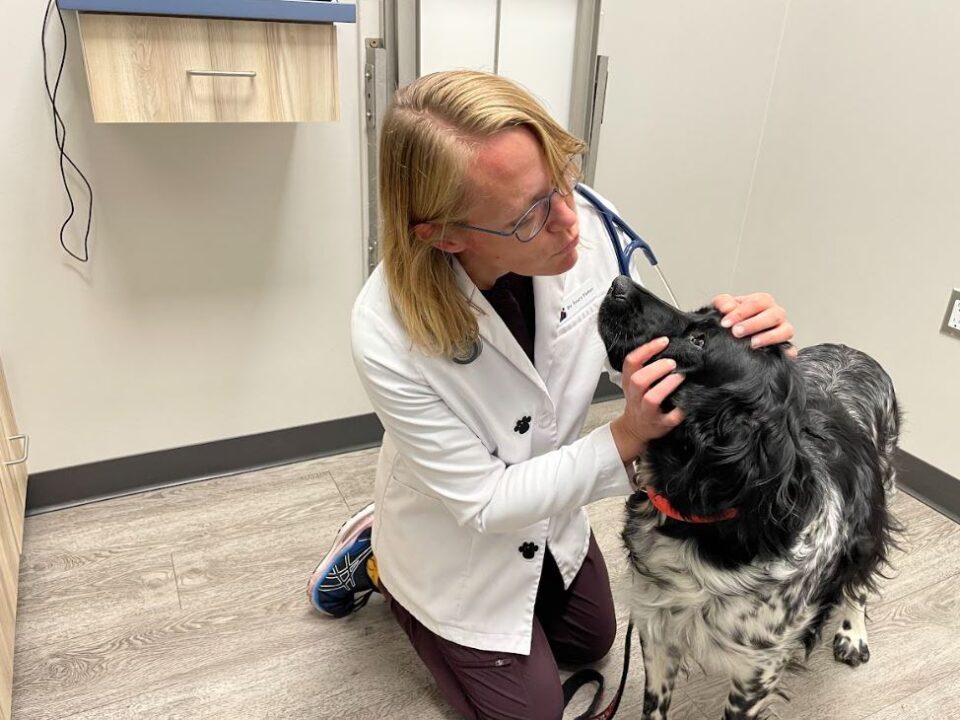For many pet owners, knowing when a pet health problem requires an emergency visit to a veterinarian can be hard. Thankfully, a Kitchener emergency vet knows that offering round-the-clock vet care can save the life of a pet. Emergency vet care is necessary if the condition of your pet involves poison, puncture wounds, obvious trauma, steady blood flow, and not breathing.
Some kinds of life-threatening situations that require emergency vet care are not easy to recognize. However, emergency vet clinics are staffed 24/7 to help in such cases. Also, some pet emergencies are more common than others. Below are what you should look for and when to bring your pet in for emergency vet care.
Bleeding
Bleeding in pets can happen due to an injury after a fight with another pet or a wild animal. Also, it can occur after your pet falls or gets hit by a vehicle. Sometimes, bleeding takes place due to an injury inside your beloved pet like a tumor. No matter what causes the bleeding, you need to bring your cat or dog to an emergency vet if the bleeding persists for at least five minutes. The vet will identify what causes the bleeding and stop it.
Breathing Difficulty
If your pet is having a problem breathing or is breathing rapidly, transport it to an emergency veterinarian immediately. Breathing issues can indicate more serious problems like heatstroke or heart failure. Sometimes, the breathing issues of your pet might lead to them coughing or gagging continuously.
High Fever
Dogs and cats can develop fevers, which can be dangerous for them. If the body temperature of your pet is over 103, bring them to your vet. Using a thermometer to get the temperature of your pet is tricky, so you must pay attention to some sins like lethargy, loss of appetite, shivering, and warm ears.
Loss of Consciousness
If your dog or cat cannot stay awake or passes out, bring them in to be evaluated by a vet. Often, a dog that suddenly passes out might not be getting enough oxygen in their brain. Also, this can indicate a severe issue with the heart of your pet and must be examined by a veterinarian immediately.
Bathroom Issues
Changes to the bathroom habits of your pet can be a medical emergency. Your pet may vomit or suffer from diarrhea if they eat something they are not supposed to eat. If your pet has not urinated or eliminated for at least twelve hours, this can indicate bladder or bowel obstruction.

